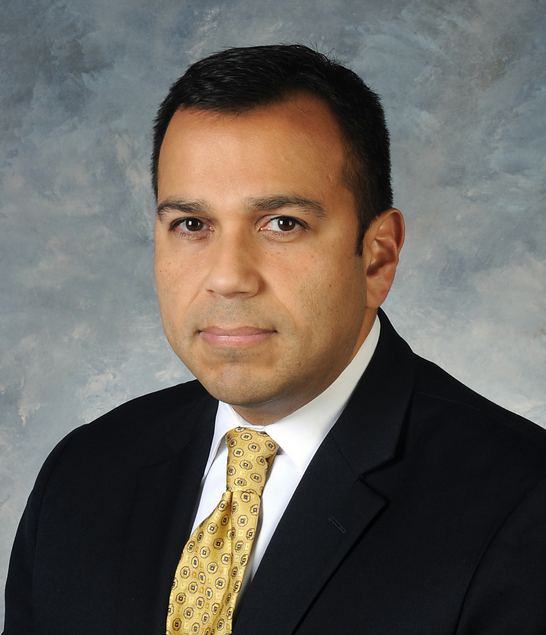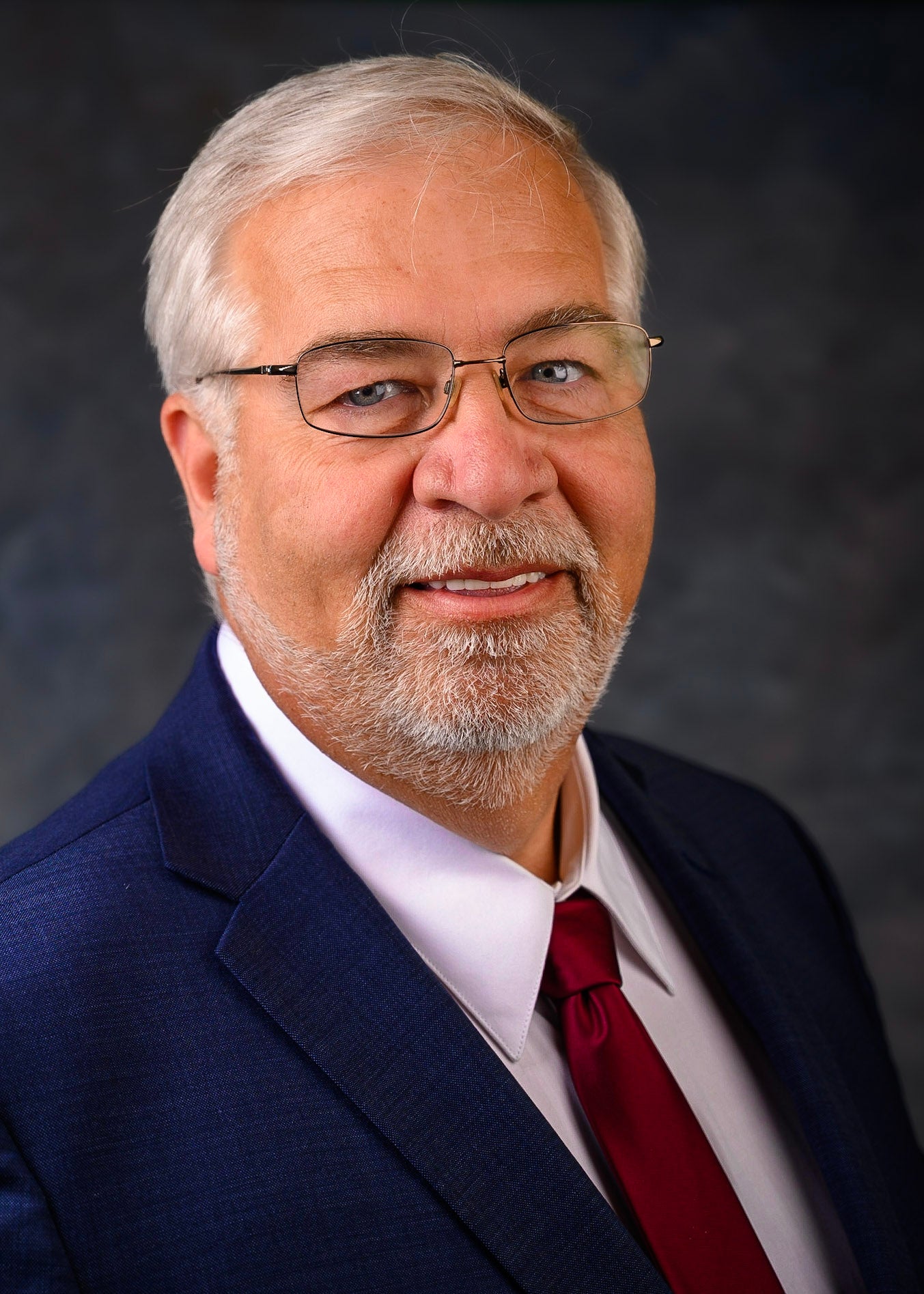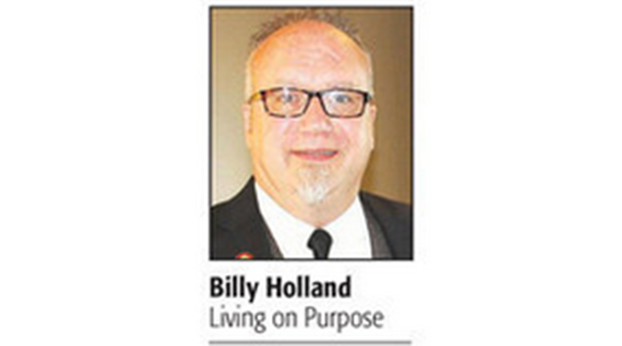Nursing shortage emergency is not a new crisis
Published 7:09 pm Monday, January 3, 2022

- State Senator Ralph Alvarado
|
Getting your Trinity Audio player ready...
|
It is long overdue that we address the critical nursing shortage in the Commonwealth of Kentucky.
In a largely rural state with only sixteen accredited Bachelor of Science in Nursing (BSN) programs, we must reevaluate student enrollment policies and standards, as well as the retention of currently employed nurses. What has been a long-running issue in our state is now, according to Governor Beshear, an emergency.
As the chair of the Senate Health and Welfare Committee, I filed Senate Bill 8 during the 2021 Special Session last September which would have allocated $81 million in American Rescue Plan Act (ARPA) funds to several issues of critical need, namely, funding for student scholarships, student loan forgiveness, and giving retention bonuses to those currently working in the field.
At the time, this issue was not deemed critical enough for the governor to broaden the scope of the special session or even call another one to address these specific issues. While I do appreciate the governor’s recent action to combat this crisis, his action skips the legislative and regulatory processes, which allows for public hearings, comments, and oversight. Instead, he decided to unilaterally allocate funds and create new rules with the stroke of a pen through an executive order.
The governor’s executive order does little to correct the issues that we are experiencing in our state. What the order does is create regulatory headaches for the implementation of the new policies. As discussed in the Interim Joint Committee on Health, Welfare and Family Services on December 15, there are specific problems that need to be addressed by the Kentucky Board of Nursing (KBN).
The KBN has an incredible opportunity to make substantial changes to their policies and regulatory requirements. If they are not prepared to do so, the legislature stands prepared to address these critical issues during the upcoming 2022 legislative session.
First and foremost, I encourage the KBN to amend any regulations that conflict with the executive order or hinder its implementation. For instance, the board does not need to control enrollment numbers in nursing programs. We have encouraged them to allow fully accredited schools to establish their own limits according to their individual admissions criteria. Also, while I see the need to boost enrollment, it would be a mistake to roll back the accreditation process, as has been proposed. This could have long-lasting repercussions.
Parents will be skeptical of sending their children to non-accredited nursing schools, and graduates would likely obtain lower paying jobs or even face potential unemployment. Most importantly there could be a significant drop in the standard of care for the citizens of our Commonwealth. We cannot sacrifice quality for the sake of quantity when it comes to our state’s trained caregivers. Instead, we should look to boosting student enrollment through increased scholarship funds and loan forgiveness in exchange for contracted employment.
One of the most important areas of focus should be in retaining and recruiting nurses, nurse’s aides, therapists, and critical care personnel. I proposed and fought for the allocation of $3,000 per licensed hospital bed and $1,500 per licensed nursing home bed specifically for this cause. We need to reevaluate how we support our currently licensed workforce and also bring those back who left the field during COVID-19. Generous bonuses are one very effective way to accomplish that.
Finally, when the government gets involved in our healthcare and takes autonomy away from healthcare education programs, physicians, nurses, and other professionally trained caregivers, it directly affects the trust between the healthcare system, its employees, and the patient. We witnessed this with the imposition of mandates both federally and at the state level. One must consider whether the state and federal mandates of the past year have affected our nursing school enrollment, as well as the retention of our healthcare workforce.
We had the opportunity to provide relief to these critical issues through the legislative process back in September. Because of Governor Beshear’s insistence that there was not a crisis three months ago when COVID-19 cases were at their highest, his current emergency declaration is disingenuous at best. Let’s ensure vital funding to keep our healthcare system alive.
In closing, when I was a medical resident in training, I learned plenty from my classes and rotations, but I learned the most from the nurses that I interacted with daily. They exemplified compassion for patients in their suffering and taught me the importance of patient advocacy. It is my deeply held belief that nurses are the lifeblood of the healthcare system, and it needs to be our priority to advocate for them.
I pledge to you that I will continually stand up and fight for this cause, as it deeply affects every citizen in our Commonwealth.
Senator Ralph Alvarado (R-Winchester) represents the 28th State Senate District, including Clark and Montgomery Counties and the eastern portion of Fayette County. He serves as chair of the Senate Standing Committee on Health and Welfare.





